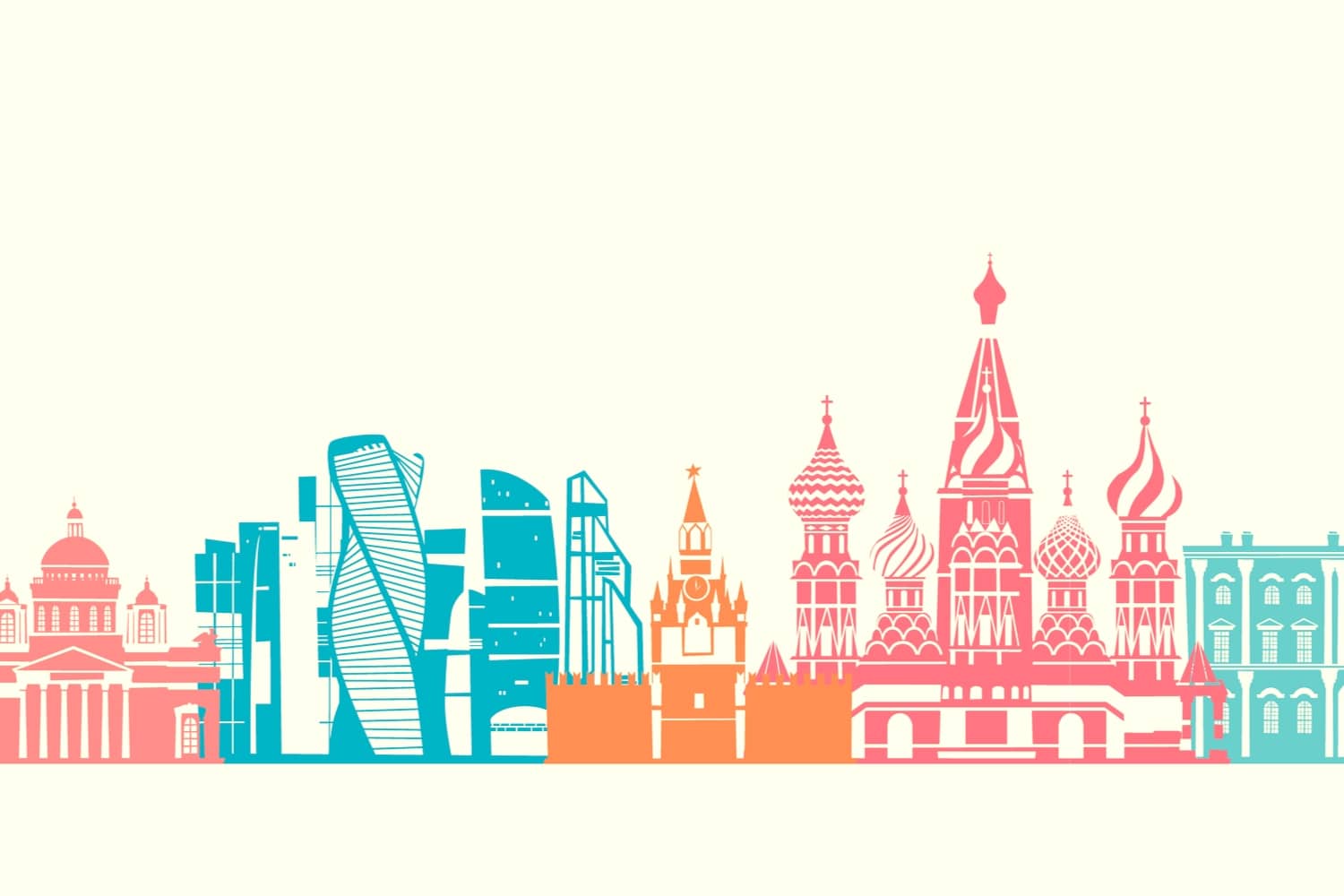Russia has announced extensions of patents for certain foreign citizens, a new e-visa, and COVID-19 procedures updates.
Patents can be extended multiple times. A federal law effective April 24, 2020, changes the procedure of reissuance of patents for work in Russia by foreign citizens who entered using a non-visa regime. Now it is possible to apply for a patent extension an unlimited number of times (previously patents were extended only once). Documents supporting the extension must be filed not less than 10 business days before the expiration of the patent.
New e-visa. Federal Law bill under review: A new bill introduced to the State Duma on April 20, 2020, proposes amendments to the federal law of August 15, 1996, № 114-FL, “On entering and exiting Russian Federation.” The bill introduces, beginning January 1, 2021, a new visa category: the “unified e-visa” (UEV). The new visa will be single-entry, issued for a term of 60 calendar days with an allowed stay of 16 calendar days, and processed within 4 calendar days from the date the application is filed.
This visa category will replace the e-visa that exists now (standard one-entry business visa, tourist, humanitarian), on the basis of which foreign citizens from certain countries are able to visit a number of specified Russia regions with short-term trips.
Foreign citizens who will receive UEV will be able to visit all Russian regions with the following purposes:
- Guest visit;
- Business visit;
- Tourist;
- Participant in scientific, cultural and political, economical and sporting events;
- other reasons.
The UEV will be issued only to the citizens of designated countries, soon to be determined by the government. Entry with this type of visa will be possible only through certain border control points (also soon to be determined by the government).
To receive the UEV, a foreign citizen will not need an inviting party (organization/company or Russian citizen).
The UEV will be issued by the Ministry of Foreign Affairs on a foreign citizen’s application, which must be submitted in electronic form through a special Internet portal.
E-visas in the old format will be issued until December 31, 2020, with validity until February 3, 2021.
COVID-19 procedures update. Russia also announced that visas will be extended for 90 days when departure from Russia is not possible due to a quarantine in the home country or country of permanent residence. In such cases, the visa can be extended for a period up to 90 days, with the possibility of extension.
On April 29, 2020, the Russian government issued an order temporarily closing the Russian borders for an indefinite period of time for entry of foreign nationals and stateless persons to the territory of the Russian Federation, with some exceptions, such as diplomatic and military personnel and others.


